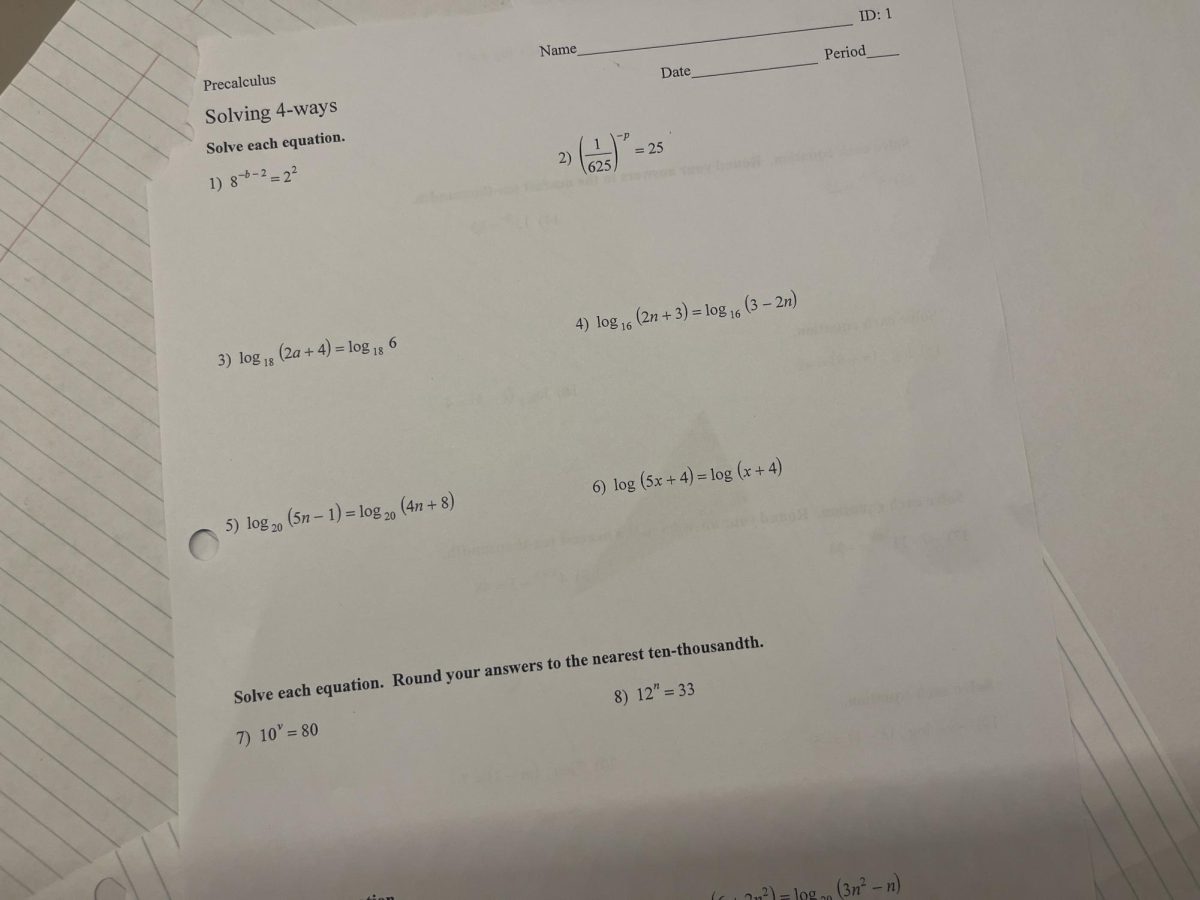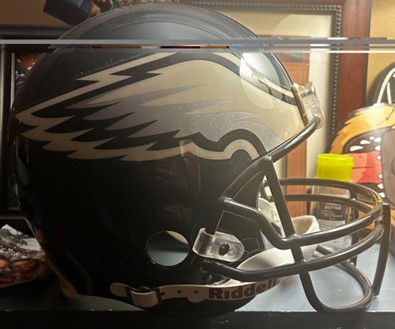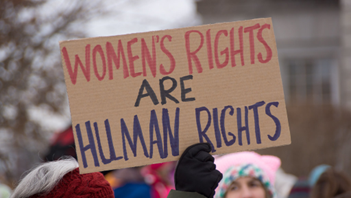Over the years, book banning has been controversial in politics and classrooms. People who support the idea of banning books think that topics such as offensive language, sexual content, religious viewpoints, and more are not appropriate reading material for students. Those who disagree with book bans believe that banning books restricts students’ exposure to different perspectives and limits their understanding of history, people, and the world surrounding them.
Despite this information, many believe certain controversial books should be banned. Some parents don’t want their children exposed to sexual content, violence, inappropriate language, religious viewpoints, and LGBTQ+ content, amongst other topics. For example, they feel that violence and strong language are unsuitable and can set a bad example for children or even influence people to do things that are out of character. “The Outsiders” by S.E. Hinton is challenged and banned for portraying gang violence, underage smoking and drinking, family dysfunction, and strong language. Not all parents are comfortable with their child being exposed to mature content, so they challenge the book, which can lead to a ban.
Nancy Stash, a teacher in Central Bucks’ gifted program, disagrees with book bans. She says, “Many of the topics in these books reflect history, and our job as educators is to make sure our students know the past and hopefully learn from it.” She believes that “we are doing a disservice by not allowing students to read, digest, and discuss them.” Middle school student Addison Kreisich also shared her opinion on the matter, stating that while there can be potentially inappropriate content in a book like The Outsiders, in the end, it teaches a lesson.” Many books with controversial content are written as such to spread some kind of message or lesson. The lesson of “The Outsiders” was to learn how to deal with the struggles life brings and how adversity affects everyone, regardless of social class and background. Kreisich also explained that the controversial content didn’t detract from the message of the story. Book banning may also restrict a student’s understanding of his or herself, as many censored books are written by or about LGBTQ+ people and people of color. The Associate Professor of Economics and Education at the Teacher’s College of Columbia University, Alex Eble, says, “Books can change outcomes for students themselves when they see people who look like them represented.” If books written by and about minorities are censored and banned, these students won’t feel represented in the real world and may think their point of view is less important than their peers.
Although people who support book banning have evidence to support their opinions, banning books is still wrong. It limits students’ exposure to different types of content and their understanding of the world, people around them, and potentially themselves.





